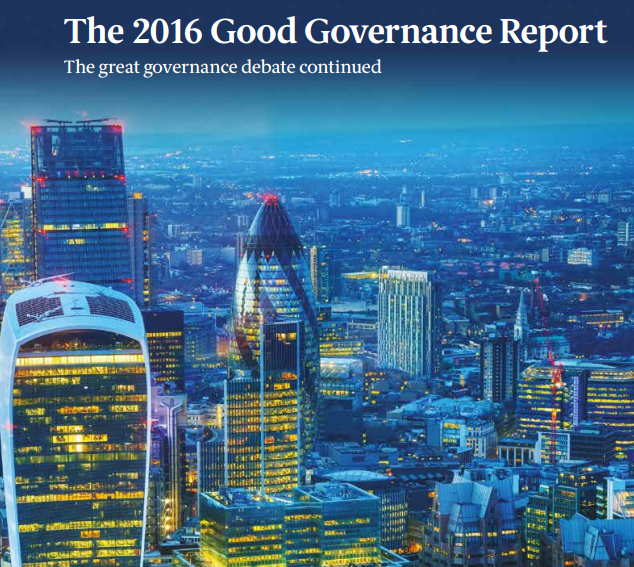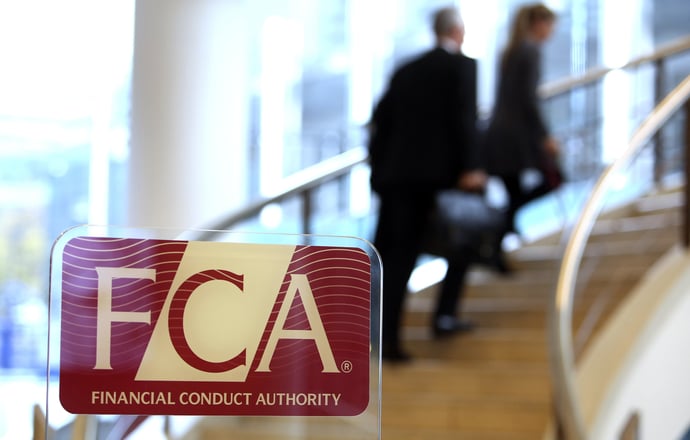Since the introduction of the Senior Managers Regime, today's business climate is changing to accept more accountability. But what does the recent FCA (Financial Conduct Authority) regulation mean for banking regulatory compliance? and how do you ensure that you don't end up on the wrong side of the FCA?
The financial sector in the Uk is the most recent recipient of tighter regulations regarding accountability which has also seen new regulations for building societies and a parallel regulation for insurers. This is beginning to point towards a new type of governance where co-operation, not competition and idea sharing, rather than hiding trade secrets, is the way forward.
We have been emerging (for some time) into a space where corporate interest is satisfied by making connections outside of one's own business (partnerships) and embracing the future means also embracing the information dump of corporate responsibility.
The Senior Manager's Regime:
- Makes senior managers accountable for failures
- Introduces a certification for individuals in high risk roles where they could cause 'significant harm'
- Introduces a criminal offence for failing to prevent a banking collapse.
Basically, it puts accountability squarely on the shoulders of senior management and creates regulatory compliance for those managers deemed to be in high risk roles
The FCA (Financial Conduct Authority) recently introduced regulations with the intent to create a new culture in finance - partly by increasing accountability in senior management.
The Impact of the Senior Managers Regime
The impact of this is not just limited to the financial and insurance sectors. This is already changing the landscape through which the UK business community is governed. This is reflected in a recent article written by Emma Harris called: Good Governance: the Quality Debate Continues
In the article, Emma outlines how the impact of quality failure has become even more significant according to the 2016 Good Governance Report. She states that good governance is "organic, rather than mechanical. As much about relationships, trust and transparency as about codes and regulations".
This was said in relation to ISO regulatory compliance and how businesses are too reliant on 'box ticking' rather than creating real organisation-wide change. However, the same danger is just as likely to exist in regards to banking regulatory compliance.
There is a movement, a discussion underway led by the CQI (Chartered Quality Institute) regarding good governance and how the UK can continue to lead the way by creating a climate where total quality culture is the norm.

Image sourced from: director.co.uk
How to Manage Risk and Gain Certification Under the Senior Managers Regime
Certifications and an introduction of a higher level of accountability are becoming the norm. It's important not to live in fear of these changes - A quality focus can add more value than you know.
However, there is a danger of pulling back from growth and improvement due to the fear of risk. In my opinion three things must be in place:
- A Quality Management System
- Policies and procedures that manage risk and perhaps even negate risk;
- Promoting strategies that allow for continued innovation and advancement.
Managing risk and improving quality can be achieved while still encouraging innovation and 'outide-the-box' thinking - we achieve this when we approach all innovations and improvements with a total quality focus, thus severely limiting the chance of risk and as a positive consequence, having enough confidence in our internal 'fail-safes' to proactively approach our work.
Quality Management Systems are Becoming Increasingly Necessary
It's not enough to merely 'tick boxes' of banking regulatory compliance; real change must be implemented. This creates quality systems that will prevent quality failure, which then in turn creates a culture of trust, positive relationships and transparency - finally becoming the culture that the FCA has outlined as the focus of their new regulations..

Image sourced from: image.webservices.ft.com
Some organisations still see quality management as a nuisance. Others see it as a guard against quality failure. Still more view it as a necessary system for gaining regulatory compliance and then there are those who see the benefits of instilling a quality culture at the heart of their organisation as having a positive domino effect on the entire system.
The Benefits of Quality Management in Today's Business Climate
- Protection against quality failure that could damage the reputation of an organisation.
- Modernisation of facilities, equipment, processes that will save money in the long run due to regular servicing, monitoring etc...
- Ensuring quality and accountability of the supply chain
- Achieving banking regulatory compliance
- Improving processes by removing waste
- Increasing ROI
- Ensuring oversight and thereby ensuring transparency of all processes organisation-wide.
- Building trust with the customer
- A single location for storing and cataloguing relevant policies, procedures etc...
- Instituting clear standards and 'best practices' for employee compliance
- Creating a culture and methodology for which all employees can be measured against
- Providing real metrics that evaluate if a process is adding value or generating a cost
- Identifying bottlenecks and evaluating risk.

Image sourced from: media.licdn.com
Guarding Against Failure
These are all very useful tools to have at an organisation's disposal but as Estelle Clark comments in the Good Governance report: "how does the head of a large complex organisation ensure that the operational body is fit to deliver strategy and to take account of the balance of stakeholder needs? Put another way, how do the executive and non-executive teams have confidence that the organisation does not have a horsemeat scandal waiting to emerge in its supply chain?”
Good Governance as it relates to quality needs to be core to the future direction of your company - delivering checks and balances throughout the process will not only satisy regulators, but will reduce risk throughout the business processes.
Keep Your Processes Accountable
We say it a lot in our articles, but tracking your processes is key to quality management. Process mapping your entire organisation not only supplies management with an invaluable tool to see how every level of the organisation is functioning, but it supplies key metrics and oversight to identify problem processes and possible quality failures in the waiting - the type of insight that is beyond valuable.
But it also provides employees with all they need to comply with their processes specific standards - in other words, there are no excuses for not doing your job in compliance with the process and quality standard.
This is not merely opinion either. I wouldn't be such an evangelist for quality management if I hadn't seen (first hand) its capabilities of improving everything from process to culture.
Our white paper below, on achieving ISO 9001:2015, is written by one of the co-authors of the original quality standard. If you are looking to demonstrate compliance with the new banking regulations, this is a great place to start:
Related Articles:
The Overwhelming Benefits of Quality Management
The Top 10 things your Quality Management System (QMS) must deliver
How to Achieve a Quality Strategy for your Business
Managing Risk in Business: How can I manage risk and avoid quality failure?
Written by Brad Fagan
Brad joined Triaster in 2016 as our Content Marketing Executive hailing all the way from Middle Earth (the film version, not the book) – New Zealand. Brad’s video skills soon resulted in new weekly Triaster videos and his individual touch in some of the Connector and blog articles. In June 2018 Brad moved to Germany with his wife Lynn.


